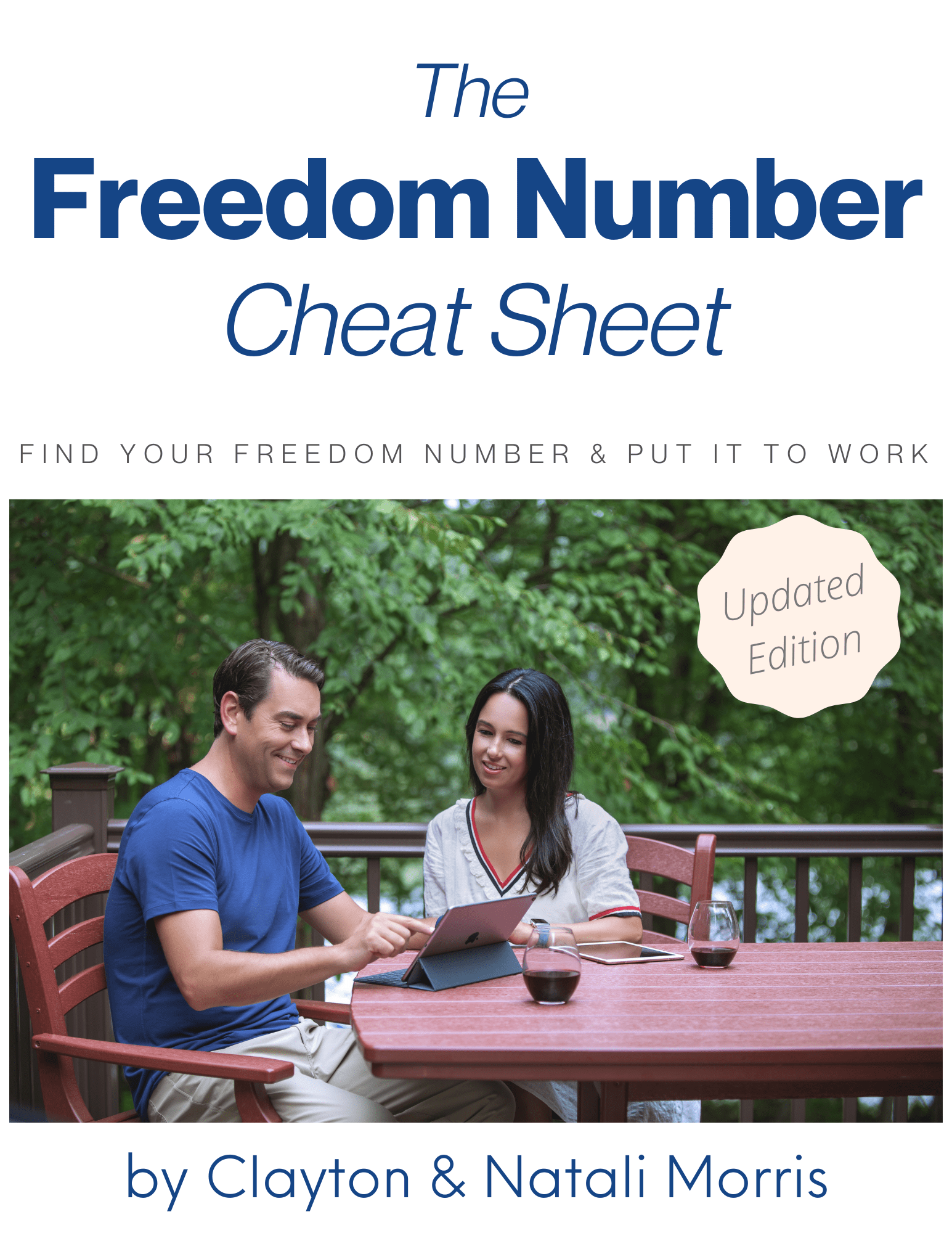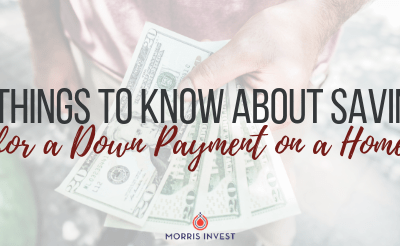
The stock market has tanked. Unemployment is soaring. Nearly every industry has been affected by the global coronavirus pandemic and the world is experiencing economic uncertainty at an unprecedented level. But one thing is for certain: mortgage rates are lower now than they have been in decades. And that represents a number of strategic opportunities for real estate investors.
What’s Going on With Mortgage Rates?
Two things are at work here. Fixed-rate mortgages are connected to ten-year Treasury note yields while changes in the Federal Reserve rate often affect the variable-mortgage market.
The steep decline of the stock market and the forecast for its slow recovery have recently driven more investors to purchase long-term US government bonds. Government-backed bonds are considered a much safer place to park your money than the stock market which, as the current state of affairs demonstrates, is subject to serious volatility. As the demand for ten-year Treasury notes increases, their price goes up and their yield goes down. Banks can now make more money writing longer-term fixed-rate mortgages than they can buy buying 10-year T-notes. They can even write them at much lower rates now and still benefit. What’s more, since mortgage lenders compete for business, they’re racing to offer the lowest rates they can—so long as they can get a higher rate of return than ten-year T-notes are offering.
On the variable-rate mortgage side, the Federal Reserve rate is now near zero. The Fed rate is what the government charges banks to borrow money for short periods of time. The temporary reduction of the Fed rate allows lenders to spend less to borrow in the short term and offer lower-rate variable mortgages. That’s because variable rates are typically locked in for only about three years.
Moving Money May Make Sense
Here’s where the opportunity comes in. If you’ve put your money in the real estate market, you’ve already made a smart decision. Real estate investment may be a safe way to go because your investment is secured by property. Your money isn’t going to disappear when stock prices plummet. But you can also access today’s lower mortgage rates to save or make more money.
We should point out that the coronavirus has rendered markets of every kind more volatile. No investment is a sure bet and we might see property values, especially in locations that have been hard it by the pandemic, take a dip. With unemployment at record highs, some people may be wary of taking on a new investment. It’s possible that properties will take longer to sell.
Nonetheless, if you purchased property while mortgage rates were high, refinancing now can lower your monthly payments and reduce the lifetime cost of property ownership. But you may also want to consider using the equity you’ve built up in your property by taking out a home equity loan, home equity line of credit, or a cash-out loan. Each of these home equity loans offer different benefits to real estate investors. The best home equity loan for you will depend on current rates, your cash-flow situation, and how you wish to use the equity you extract from your property.

Why Would I Want to Take Out a Loan Now?
Do you have an apartment that’s sitting empty? That’s money lost every day. Making improvements to your property—from a fresh coat of paint to an entire kitchen or bath remodel—may improve your property’s rentability and justify tenants paying more to live there. Reinvesting in your own property can also raise its long-term value and help you fetch a higher selling price down the road.
Have you had your eye on an up-and-coming neighborhood? Home prices are rising at a slow but steady rate generally, but some zip codes are seeing higher-than-average bumps. With mortgage rates reaching historic lows, you might want to take equity out of one property to buy another.
If you’ve owned a property for a long time, you may no longer be reaping the tax benefits of interest payment deductions. The tax experts at Wealthability can help you evaluate your current tax burden to see if new investment makes sense for you now.
The Three Home Equity Loan Options
While many people use the term “home equity loan” generically to cover several ways to borrow, the term is more aptly used to describe a category containing three distinct types of loan.
A true home equity loan is a lump sum loan you take out at a fixed-rate and pay off with equal monthly payments over a fixed term of five to thirty years. The shorter the term of your loan, the lower the rate might be. A home equity loan might be a good choice if your income is stable and you need to use your home equity for a one-time, large purchase.
A home equity line of credit (HELOC) allows you to draw on your home equity as you need it, in chunks, if you will. Most HELOCs are offered with variable interest rates. HELOCs usually specify a “draw” period of about ten years, after which you must begin paying off your loan balance. Your lender will set your HELOC limit based on factors such as the value of your property and your income. HELOCs function like the credit cards you already have in your pocket. Your credit limit decreases as you draw against your HELOC and increases once again as you make payments against it.
A cash-out home equity loan is a lump-sum loan that lenders may extend at a fixed- or variable-rate. Cash-out loans are a form of refinancing and require you to take out an entirely new mortgage. Applying for a cash-out loan will typically involve all the steps you took to be approved for your first mortgage. You’ll have to pay for a new home inspection and appraisal. You’ll want to look at these fees carefully and figure out your break-even point. Most experts recommend that your break-even point be two years or less. While there may be more fees associated with a cash-out loan than other types of home equity loans, sometimes they’re offered at lower interest rates than HELOCs. Cash-out loans may a good option if you want to borrow a large sum of money for an extended period of time.
How Much Can I Borrow?
The primary factor that lenders consider when setting the amount you can borrow is the fair market value of your home. That’s how they determine your loan-to-value (LTV) ratio. A low LTV makes it more likely that a lender will lend you the amount you ask for. Particularly if you’ve owned your property for years, a new appraisal may reveal you have more equity in it than you think.
Lenders will also consider your credit score before offering you a loan. A high credit score often gives you access to lower-rate loans. Before you apply for a loan, it’s always a good idea to download your free credit report and clean up any credit issues you may have. Paying down high-interest credit cards is always a good idea before applying for a loan. But you’ll also want to look for mistakes on your report that may be dragging your score down.
We’re Here to Help
At Morris Invest, our mission is to make it easy for everyone to reap the benefits of investing in rental properties—from first-timers to seasoned pros. We’re happy to show you how real estate investment can put you on track to reaching your financial goals. The opportunity is there for the taking—perhaps now more than ever. Don’t miss out on yours. Book a free call today.
Susan Doktor is a journalist and business strategist who hails from New York City. She writes on a wide range of subjects, from real estate, finance, and technology to food and wine. Follow her on Twitter @branddoktor.
Ready To Build Passive Income Through Rental Real Estate?
Ready to talk about your goals? We're here to show you the tools and teach you the process to begin earning legacy wealth for you and your family.









